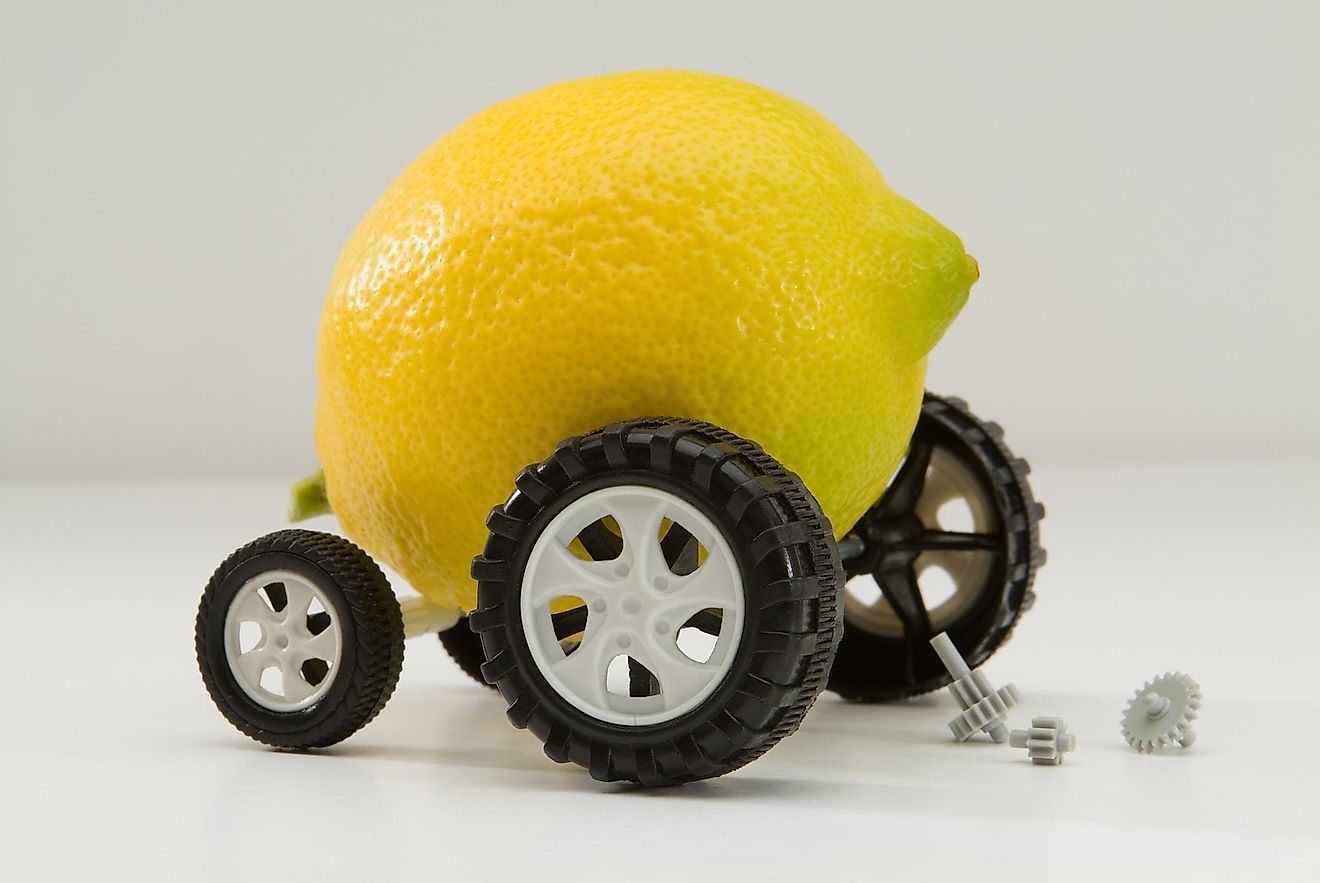What Is The Lemon Law?

The lemon law is an actual law that deals with car purchases. This law allows people to get a refund of a car that was bought with a major flaw, meaning that it is defective. This law provides compensation for cars that have failed to meet the standards of quality over and over again. Cars usually have warranties, which we can define as a sort of a promise or a guarantee made by the car dealership that the car they have sold us is ready to drive without any problems. The malfunctions that the lemon law deals with are usually covered by warranty but they cannot be fixed even after numerous attempts.
The Lemon Law Explained More Closely
The term lemon is used in the name of these laws because it is also often used to describe motor vehicles that don’t work correctly. Those vehicles can be anything, ranging from automobiles to trucks or motorcycles. The protection provided by the lemon law is available in all states in the U.S. The District of Columbia, however, has its own version of the law. Each state has some variation in how the lemon law is being upheld, but the underlying meaning always stays the same. It boils down to the requirement from the car manufacturer to repurchase a vehicle if they aren’t able to repair it within a certain amount of time.
The lemon laws state the exact number of days necessary before the car needs to be repurchased from the customer and how many repairs need to be done for the car to be considered unable to be fixed. The dealership doesn’t buy back the vehicle; however, the repurchase is done with the car manufacturer. Lemon laws go above and beyond the regular warranty. Warranties typically offer repairs at no cost, but they don’t include the exact period in which the repairs need to be done. They also don’t mention repurchases, as opposed to the lemon law.
In some states, the Lemon Law protects buyers of only a particular type of vehicle. For instance, it can cover cars for personal use, but not the ones bought for business trips. Some states’ laws don’t cover used vehicles.
The Lemon Law In Other Countries
Australia doesn’t have its equivalent to the lemon laws. Consumers of vehicles in that country aren’t protected from purchases of faulty models. In Canada, there is a program that serves for the resolution of disputes between vehicle manufacturers and customers. It is called the Canadian Motor Vehicle Arbitration Plan (CAMVAP). It is free for every consumer and covers any vehicle, new or previously owned. The process itself usually takes two months to finish, although it is often completed much faster. No lawyers are required.
CAMVAP asks that the manufacturers either repair the vehicle at their own expense or repurchase it. In Singapore, there is also a similar law that protects buyers. The Singapore version of the Lemon Law concerns all types of good, not just vehicles. The customers in Singapore have six months to report an item that isn’t working properly; they can ask for a replacement item or a refund.











